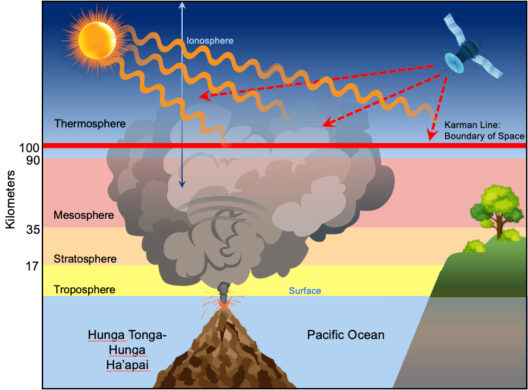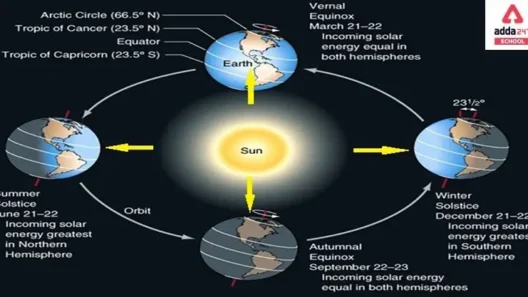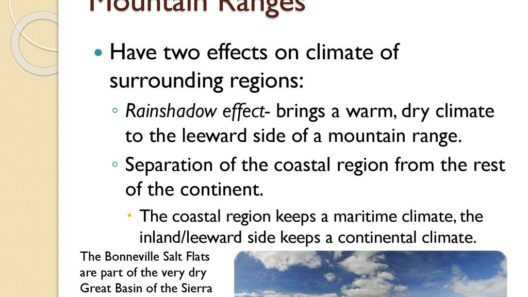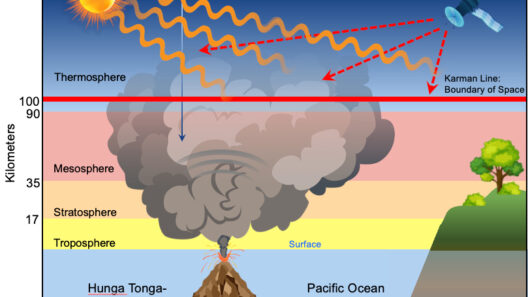In the realm of environmental advocacy, few instances resound with the same magnitude as Leonardo DiCaprio’s impassioned speech at the 2014 United Nations Climate Summit. This pivotal moment did not merely encapsulate a celebrity’s call to action; rather, it represented a seismic shift in the public discourse surrounding climate change. As climate-related disasters become increasingly frequent and severe, DiCaprio’s address crystallized the urgent need for global recognition and proactive measures. The question then emerges—what prompted such a fervent plea from a prominent figure in the entertainment industry? To unravel this inquiry necessitates an exploration of the zeitgeist of 2014 and the broader narrative of climate activism.
The year 2014 was marked by visible manifestations of climate change that underscored the imperative for action. The Intergovernmental Panel on Climate Change (IPCC) released its Fifth Assessment Report, delineating stark predictions about the catastrophic impacts of a warming planet if business as usual continued. With ecological disasters such as unprecedented wildfires in California and alarming melting of Arctic ice grabbing headlines, the public’s awareness of climate-induced challenges began to gain traction. This context set the stage for DiCaprio’s impassioned speech, where he stridently articulated the existential threats posed by climate change.
DiCaprio began his address by invoking a sense of urgency, emphasizing the finite nature of our planet. “We only get one planet,” he declared, capturing the essence of the issue in a succinct rhetoric that resonated universally. This statement encapsulated the entirety of environmental ethics—it urges individuals to reconsider their relationship with nature. The notion that we are stewards of the Earth, rather than its owners, is fundamentally transformative. It suggests a paradigm shift where responsibility is shared among nations, communities, and individuals alike.
The year also witnessed the culmination of years of grassroots activism that had laid the groundwork for more formal dialogues at the international level. Movements such as “Fridays for Future,” initiated by youth activist Greta Thunberg in 2018, may not have garnered as much attention in 2014, but the seeds of consciousness were being sown. Organizations such as 350.org and Greenpeace had already been challenging political apathy towards climate issues, effectively mobilizing citizens across varying demographics. DiCaprio’s speech became a conduit for amplifying these grassroots sentiments through the media’s expansive reach, illustrating how celebrity advocacy could leverage public concern into international action.
The cinematic lens through which DiCaprio viewed the world also played a pivotal role in shaping his narrative. His documentary, “Before the Flood,” released subsequently, offered a harrowing exploration of climate impacts around the world. It is through cinematic storytelling that DiCaprio masterfully elicited emotional support for environmental causes. The visual effects of environmental degradation—desolate landscapes, displaced communities, and vanishing species—effectively drove home the point that climate change is not an abstract concept. Rather, it is a visceral reality impacting lives on a global scale.
Moreover, DiCaprio’s personal experiences informed his commitment to the environment, spurring curiosity regarding celebrity activism’s potential efficacy. Unlike many public figures whose engagement with climate advocacy may feel perfunctory, DiCaprio’s history of engagement suggested a deeply embedded understanding of ecological issues. From launching the Leonardo DiCaprio Foundation in 1998, which focuses on global warming, preserving biodiversity, and supporting renewable energy projects, to making conscious lifestyle choices, he provided an organic authenticity to his advocacy—a vital element in swaying public perception.
Significantly, DiCaprio’s address was not merely a critique of past inactions but a clarion call for an actionable roadmap towards sustainability. He emphasized the importance of transitioning to sustainable energy solutions, highlighting current innovations in renewable energy, such as wind and solar power. By presenting a glimmer of hope amidst the grim statistics, he enticed both policymakers and individuals to envision a sustainable future, one where economic growth and environmental protection are not mutually exclusive. His portrayal of renewable energy as a viable alternative sparked curiosity about a future unshackled from the restraints of fossil fuels.
This moment in 2014 suggests a broader cultural shift that was beginning to take place, wherein environmental issues increasingly intersected with economic, social, and political frameworks. The speech catalyzed dialogues around climate change that prompted various stakeholders—from governments to corporations—to reassess their roles and responsibilities. For instance, the private sector has since seen a ripple effect where companies began to adopt greener practices and transparency in their environmental impacts, prompted in part by the rising expectations established during such high-profile events.
In conclusion, Leonardo DiCaprio’s 2014 UN Climate Summit speech stands as a pivotal moment in the annals of environmental activism. It manifested not only as a personal campaign but also as a microcosm reflecting the surging wave of global urgency regarding climate change. The amalgamation of empirical data and graphic storytelling catalyzed a collective awakening, urging a reassessment of humanity’s relationship with our planet. As the climate crisis continues to unfold, such evocative expressions remain essential in propagating a narrative that demands action, accountability, and ultimately, hope for a sustainable legacy.






